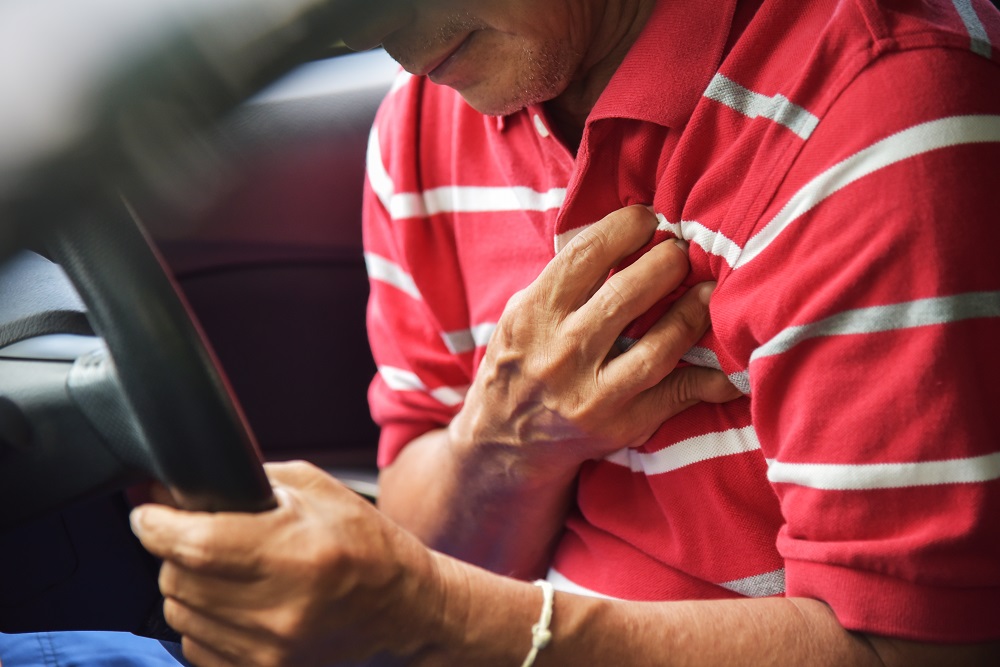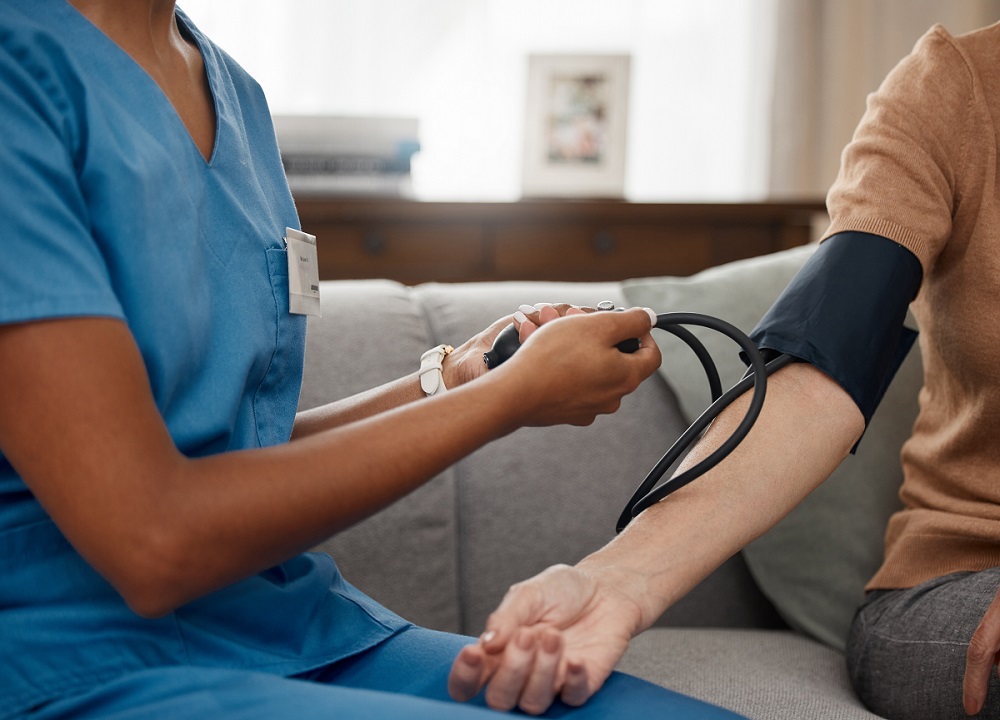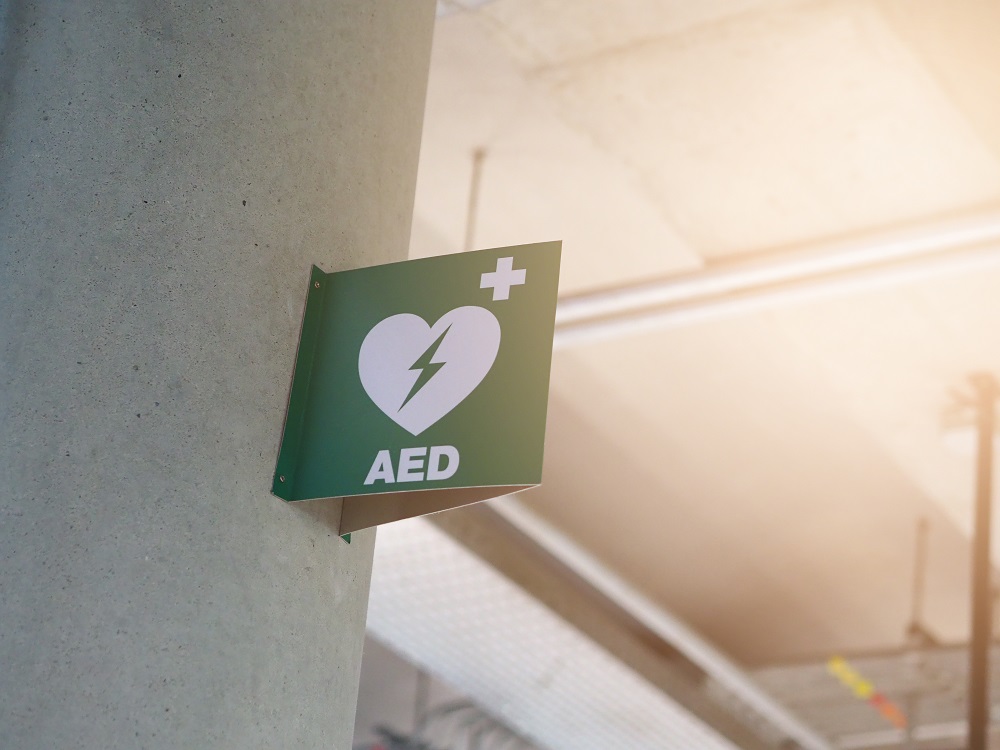J
Jason Hitch
Cardiovascular disease includes a range of heart conditions that affect the heart muscle or blood vessels. Heart Week 2023 is running from the 1st to the 7th of May, and aims to raise awareness about heart disease, the importance of heart health checks and how to avoid risk factors associated with heart disease.
This national Heart Week aims to raise awareness and start a conversation with the Australian public about the importance of heart health. As well as encouraging Australians to see their GP for a heart health check, Heart Week also aims to motivate people to take positive steps towards reducing their risk of developing heart disease.
Coronary heart disease is the leading cause of death in Australia, with 50 people dying from it every day. But even so, a survey of 1000 people following Heart Week 2022 showed that 64% of participants aged between 45 and 74 had not had a heart health check up in the last two years. Of the group of surveyed people, over half had risk factors or were identified as being at high risk of heart disease. Risk factors that can increase the risk of heart disease include:
High blood pressure
High cholesterol
Type 2 diabetes
Smoking
Being overweight or obese
Physical inactivity
Family history
Poor diet
Alcohol intake

High blood pressure is known to carry an increased risk of heart disease. Everyone over the age of 18 should have regular blood pressure checks, at least once every two years, even if you feel fit and well. Free blood pressure checks can be carried out by pharmacists, or ask the doctor or nurse at your next appointment. Alternatively, some people with high-risk factors prefer to keep an eye on their blood pressure at home, such as with a HeartSure Blood Pressure Monitor.
Heart health checks are designed to allow a doctor to determine whether you are at a low, moderate or high risk of having a heart attack or stroke in the next five years. Previously, one of the main barriers to heart health checks was the cost. Since the Medicare-subsidised heart health checks were introduced in 2019, almost 440,000 Australians have taken advantage. Eligible Australians should utilise this service to have their heart check covered by Medicare. ‘Eligible Australians’ includes people 45 and over, or 30 and over for people that are Aboriginal and/or Torres Strait Islander. There may be additional costs for other tests ordered by your doctor that aren’t covered by Medicare, so speak to your general practice team to confirm. General practice staff and other health professionals play an important role in encouraging their patients to undertake regular heart health checks when they're due, especially if they have identified risk factors.

Visit the Heart Foundation's Heart Week webpage for the free Heart Week digital promotional pack, and to download the heart health check toolkit. These will both guide you and help you prepare for your heart health check. The Heart Foundation also has a Heart Age Calculator, which takes into consideration well-known risk factors, and based on your answers to some questions, gives an indication of your heart age. If this is higher than your actual age, you may be at an increased risk of heart attack or stroke.
A heart health check can be undertaken by your GP. They will go through your risk factors and use simple routine practices to determine if you are at high risk of heart attack or stroke in the next five years. Your heart health check will include the following:
Blood tests to measure your blood cholesterol and blood glucose levels
Check blood pressure
Determine your body mass index (BMI)
Discuss your lifestyle, diet and exercise regime
Ask if you smoke or drink
Take immediate family history of heart disease
Assess other conditions such as kidney disease
Listening to your heart with a stethoscope, such as a Littmann classic stethoscope
Based on your answers and results, your healthcare provider may advise changes to your lifestyle or diet, recommend you quit smoking, or prescribe medication for cholesterol management or to control high blood pressure. Health professionals will remind you when it's next time for your heart health check, and it's important to attend when due.
Your overall risk of cardiovascular disease can be minimised by making healthy changes to your lifestyle, and taking medication as prescribed by health professionals when needed. You can improve your heart health by:
Balancing your physical activity
Include a variety of fruits, vegetables, whole grains and protein sources in your diet
Reduce processed foods
Quit smoking
Control your cholesterol and blood pressure
Choose healthy fats
Reduce salt intake
Your doctor will be able to give you tailored advice for improving your heart health following a heart check.

In the event of a heart emergency, it's important to act right away. When a person experiences cardiac arrest and their heart suddenly stops pumping, a defibrillator can be used. Defibrillators utilise electricity with the aim to restart the heart, or to shock it into beating a regular rhythm. More than 30,000 Australians experience cardiac arrest every year. Defibrillators, along with immediate cardiopulmonary resuscitation (CPR) can drastically increase the chance of survival following cardiac arrest.Defibrillators, such as a Heartsine defibrillator, are simple for a rescuer to use in the event of a heart emergency.
To read more: How To Use A Defibrillator In An Emergency

Here at LFA First Response, we are committed to raising awareness about the importance of heart health and heart checks. We supply high-quality medical equipment to support individuals and health professionals such as general practice teams in regular heart health checks. We know that heart health checks and adjusting lifestyle and medication accordingly can have a measurable lifesaving impact on Australians at risk of cardiovascular disease.
With Heart Week 2023 approaching, check out the Heart Foundation's Heart Week webpage to find out more about preparing for your heart health check, and shop high quality heart health supplies here at LFA First Response today.

In medical emergencies, particularly those involving sudden cardiac arrest (SCA), having immediate access to a defibrillator can mean the difference between life and death. Defibrillators are life-saving devices designed to restore a regular heart rhythm by delivering an electric shock to the heart.
J
Jason Hitch

Mining is a vital industry that powers economies around the globe, and Australia plays a significant role in it, being one of the largest producers of valuable resources like coal, iron ore, and gold.
J
Jason Hitch

Australia is home to some of the world's most venomous snakes, and for those exploring the bush, encountering one is a real possibility. While the chances of a snake bite may be low, knowing how to respond can mean the difference between life and death.
J
Jason Hitch

Daffodil Day, celebrated annually on the 22nd of August, is more than just a date on the calendar; it’s a symbol of hope and resilience for those affected by cancer. Understanding the impact of cancer in Australia, the significance of Daffodil Day, and how you can support those affected by cancer.
J
Jason Hitch